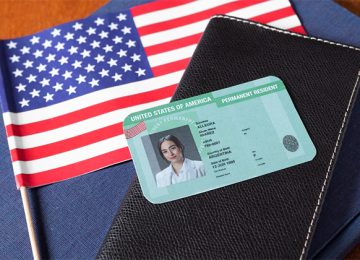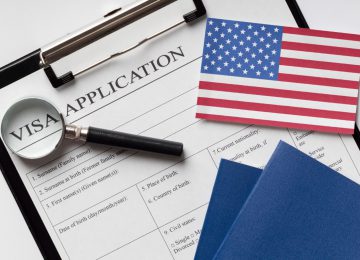The U.S. immigration system offers a variety of visa types, each with specific purposes and eligibility criteria. Family-based visas (like IR or F categories) allow relatives of U.S. citizens or green card holders to immigrate. Employment-based visas (H-1B, L-1, O-1) are for skilled workers, executives, and individuals with extraordinary abilities. Investor visas (E-2, EB-5) require substantial capital investment in a U.S. business. Student visas (F-1) allow international students to pursue education, while tourist visas (B-2) permit short visits.
Each visa requires supporting documentation, proof of eligibility, and compliance with USCIS or consular processing rules. Errors or incomplete filings can result in delays or denials. That’s why it’s essential to choose the right visa and prepare your case carefully. Our experienced immigration attorneys can help you navigate the options and submit a strong application.

![Common Immigration Visa Types and Their Requirements The U.S. immigration system offers a variety of visa types, each with specific purposes and eligibility criteria. Family-based visas (like IR or F categories) allow relatives of U.S. citizens or green card holders to immigrate. Employment-based visas (H-1B, L-1, O-1) are for skilled workers, executives, and individuals with extraordinary abilities. Investor visas (E-2, EB-5) require […]](https://www.surilawimmigration.com/pg/wp-content/uploads/2025/05/Common-Immigration-Visa-Types-and-Their-Requirements-Suri-Immigration-Law-Services.jpg)



Leave a Reply